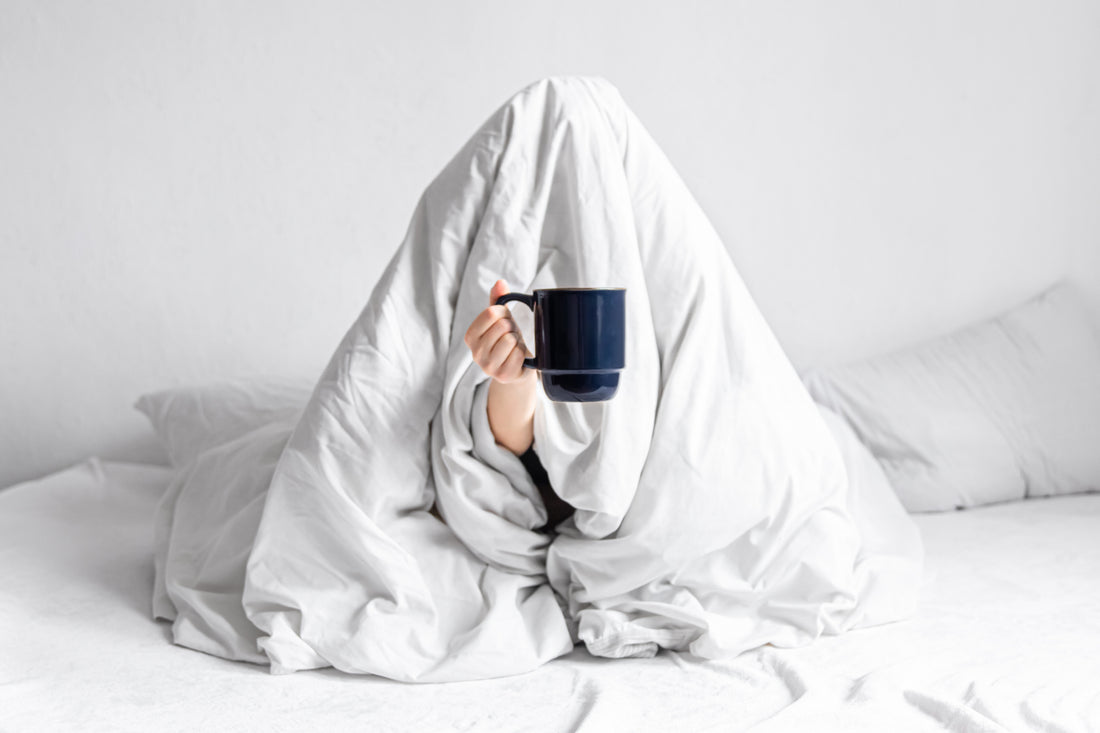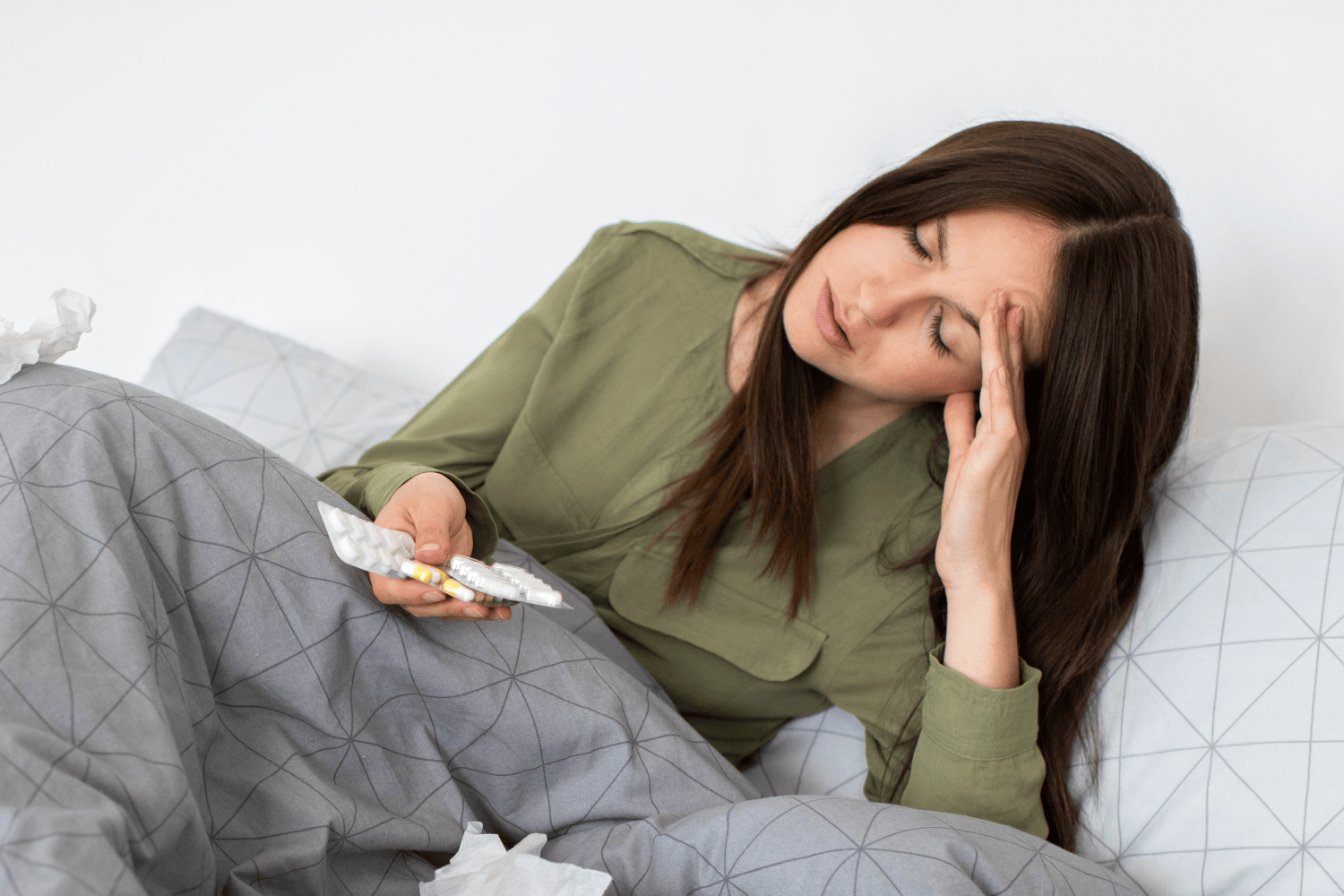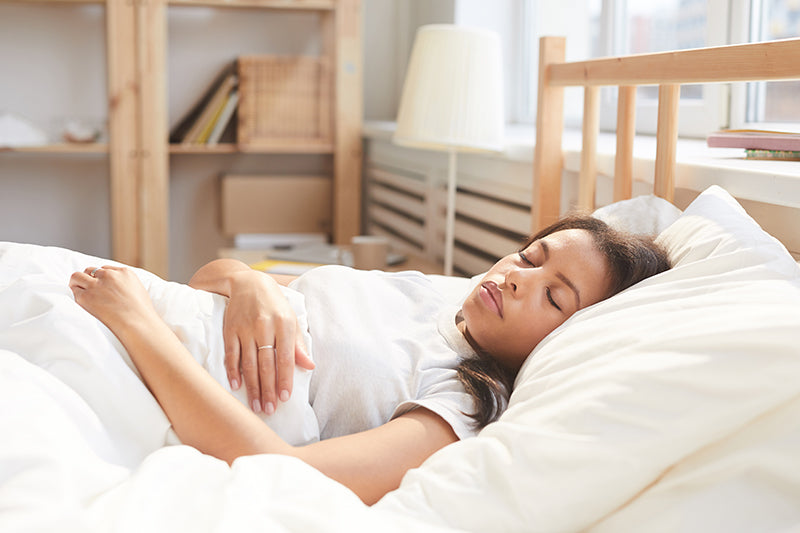It is estimated that every one in five people suffer from chronic sinus headache. Sinus headaches cause a dull, deep, throbbing pain in the front of your head and face. They are caused by an inflammation in your sinuses (air-filled cavities around your nose, eyes, and cheeks). Bending down or leaning over generally makes the pain worse, as does cold and damp weather. Sinus headaches often begin as soon as you get up in the morning, and may be better by afternoon. Sinus headaches can be difficult to diagnose, however, because symptoms are similar to tension headaches and migraines.
Sinus Allergy Headache Symptoms
Sinus headaches generally have these symptoms:
- Pressure-like pain in one specific area of your face or head
- Face is tender to the touch
- Pain is worse with sudden movements of the head and bending forward
- Pain in the morning because mucus has been collecting and draining all night
- Sudden temperature changes worsen the pain
- Headache often starts when you have a bad cold or just after
Migraines can also feel worse when you bend forward and can be accompanied by nasal congestion. But a migraine is more likely to be made worse by noise or light, and to be accompanied by nausea.
Sinus Allergy Headache Causes
Sinus headaches can be caused by sinus congestion and inflammation (called sinusitis). Sinusitis, in turn, is caused by either a respiratory infection (such as a cold or flu) or allergies (like hay fever). Healthy sinuses allow mucus to drain and air to circulate throughout the nasal passages. When sinuses become inflamed, these areas get blocked and mucus cannot drain. When sinuses become blocked, they provide a place for bacteria, viruses, and fungus to live and grow rapidly. Although a cold is most often the culprit, sinusitis can be caused by anything that prevents the sinuses from draining.
Sinus Allergy Headache Diagnosis
Your doctor will ask questions in order to distinguish sinus headaches from migraines or tension headaches. If you have had a recent cold, allergy flare-up, and/or symptoms of sinusitis, that helps make a definite diagnosis. Your doctor will look in your nose to check for congestion and nasal discharge. He or she will also press on areas of your face to check for tenderness. If your doctor suspects chronic sinusitis, he or she may order imaging tests. If your doctor suspects allergies may be causing your sinusitis, he or she may suggest an allergy test.
Sinus Allergy Headache Remedies
The best way to avoid or get rid of a sinus headache is to treat the underlying sinus inflammation. Your doctor may prescribe antibiotics or corticosteroids. Lifestyle changes, such as using a humidifier or steam inhalation are drug free steps that should be taken and can provide natural relief. Pulsatile nasal irrigation with the SinuPulse can provide quick and dramatic relief. Several dietary supplements and herbs may help prevent colds and flu or shorten their duration, or work together with antibiotics to treat your infection and support your immune system. Doing the following natural lifestyle steps can help reduce congestion in your sinuses:
- Daily nasal irrigation with a SinuPulse is one of the most effective natural treatments
- Using a humidifier
- Using a saline nasal spray
- Inhaling steam 2 to 4 times per day (for example, sitting in a hot shower)
- Quickly treating allergic and asthma attacks
Your doctor may prescribe antibiotics if he or she suspects you have a bacterial infection. To treat acute sinusitis, you may take from 10 to 14 days of antibiotics. Treating chronic sinusitis may take longer, usually 3 to 4 weeks. The use of nasal corticosteroids is often prescribed. These sprays reduce inflammation of the nose and help relieve sneezing, itching, and runny nose. They are most effective at reducing symptoms.Antihistamines are available in both oral and nasal spray forms, and as prescription drugs and over-the-counter remedies, to treat allergies. Antihistamines are short-acting and can relieve mild to moderate symptoms. Many over-the-counter and prescription decongestants are available in tablet or nasal spray form and are often used with antihistamines.




